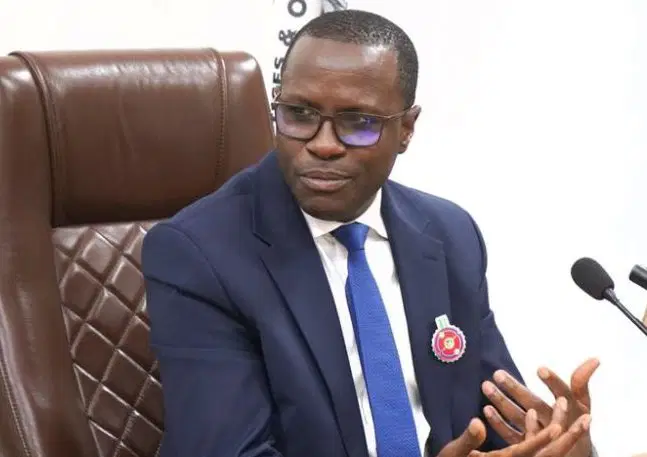News Investigators/ Musa Aliyu, Chairman of Independent Corrupt Practices and Other Related Offences Commission (ICPC), has called for abolishment of discrepancies in the salaries and remunerations of public servants in the country.
Mr Aliyu made the call on Wednesday at on-going National Conference on Public Accounts and Fiscal Governance, organised by the Senate and the House of Representatives Public Accounts Committees.
The News Agency of Nigeria (NAN) reports that the theme of the three-day conference is: “Fiscal Governance in Nigeria: Charting a New Course for Transparency and Sustainable Development.”
Represented by ICPC’s Director of Finance, Mr Michale Akporo, Aliyu described the current remuneration system as ‘apartheid’ in nature and a justification for corruption.
“Remove justification for corruption by abolishing the current apartheid remuneration/salaries in the country where a few earn humongous while the police, teachers and civil servants earn pittance.
“All public officers must be well paid if we are to eradicate corruption,” he said.
Mr Aliyu urged the National Assembly to enact a robust whistleblower law, with incentives for citizens to report corruption cases.
He also tasked the assembly on amendment of anti-corruption laws to ensure severe punitive sanctions, both monetary and penalty, to make corruption unattractive in the country.
According to him, the establishment of special anti-corruption courts for speedy adjudication of corruption cases to serve as deterrence is long overdue.
The ICPC chairman said that the assembly must proactively develop a digital oversight mechanism to ensure that all future leakages were envisaged and blocked.
He stressed the need for a coalition of civil society organisations (CSOs), non-governmental organisations (NGOs) and the media to complement the legislature’s oversight work as watchdogs.
Mr Aliyu, who alleged that revenue-generating agencies often felt that monies generated were for their internal use, called on the national assembly to intensify oversight on those agencies.
He also recommended a shift from a ‘spend-to-tax’ to a ‘tax-to-spend’ system as well as diversification of the country’s economy from oil dependence to multiple sources.
NAN


